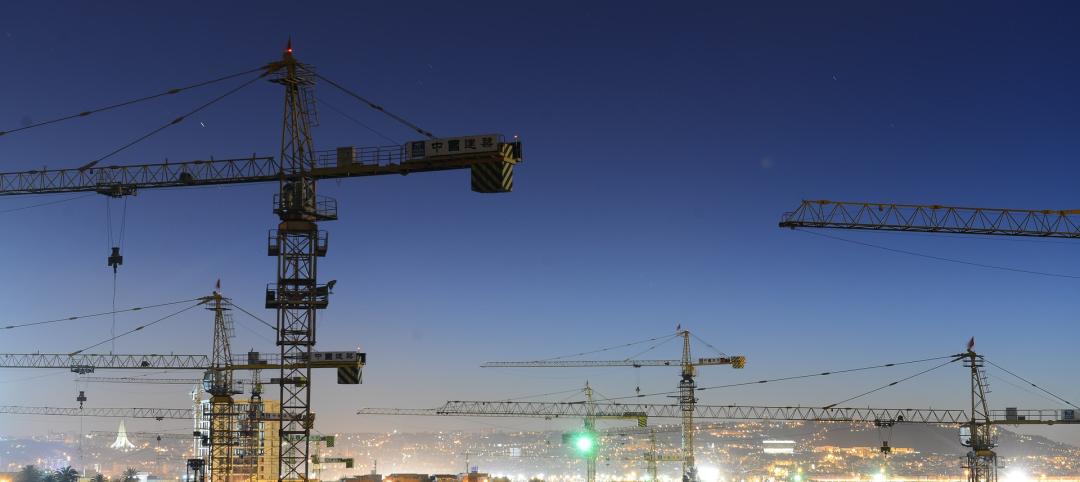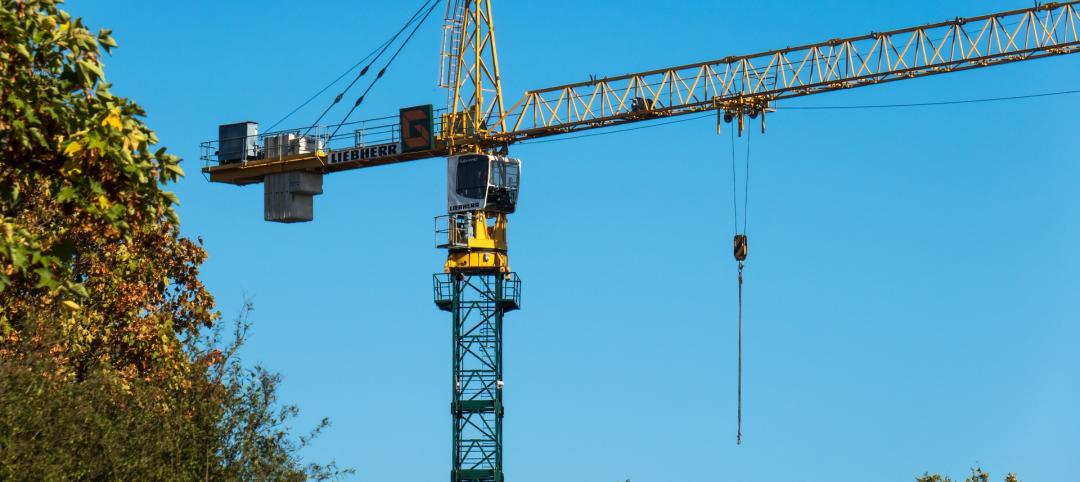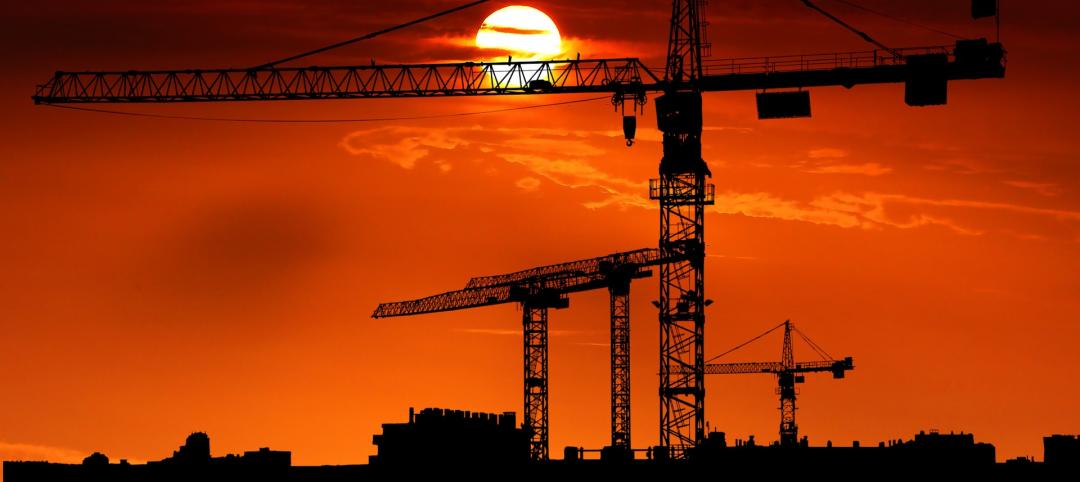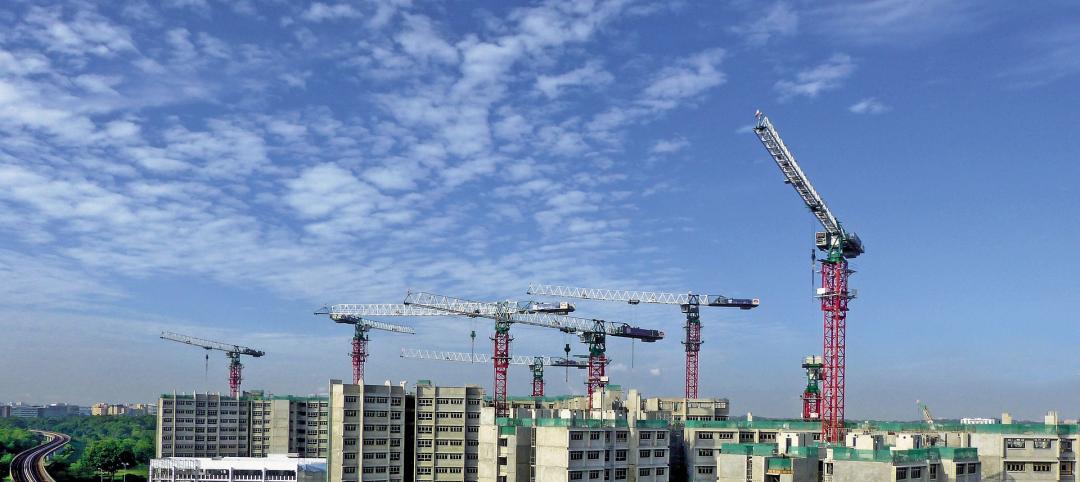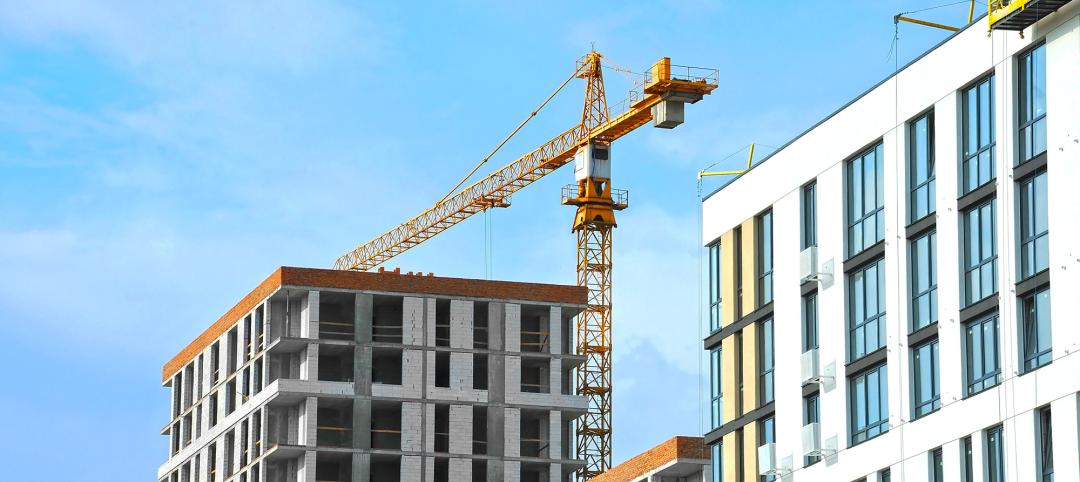Forty-four states and the District of Columbia added construction jobs between October 2017 and October 2018, while 36 states and D.C. added construction jobs between September and October, according to an analysis recently released by the Associated General Contractors of America of Labor Department data. Association officials said that firms in most parts of the country are adding staff to keep pace with growing demand for construction, but cautioned that rising labor and materials costs could undermine future demand.
"Construction activity continues to expand at a steady clip, with employment growing by more than 10% during the past year in five states and by more than 5% in another 18 states," said chief economist Ken Simonson. "As contractors pay more for labor and most of the materials they use to build, construction costs will climb, potentially dampening future demand for their services."
Texas added the most construction jobs during the past year (49,900 jobs, 6.9%). Other states adding a large number of new construction jobs for the past 12 months include Florida (43,400 jobs, 8.5%), California (30,000 jobs, 3.6%), Georgia (21,600 jobs, 11.6%), Arizona (18,000 jobs, 12.1%) and New York (15,600 jobs, 4.1%). Arizona added the highest percentage of new construction jobs during the past year, followed by Georgia, Nevada (11.4%, 9,500 jobs), Oregon (10.5%, 10,400 jobs), New Hampshire (10.3%, 2,800 jobs) and Florida. Construction employment reached a record high in five states: Massachusetts, New York, Oregon, Texas and Washington.
Six states shed construction jobs between October 2017 and 2018. The largest declines and steepest percentage losses occurred in New Jersey (-3,800 jobs, -2.5%), followed by South Carolina (-1,700 jobs, -1.7%), Oklahoma (-500 jobs, -0.6%), Hawaii (-300 jobs, -0.8%) and Mississippi (-300 jobs, -0.7%).
Among the 36 states with one-month job gains between September and October, Florida (3,000 jobs, 0.5%) and California (3,000 jobs, 0.4%) had the largest gains, followed by Arizona (2,500 jobs, 1.5%), Georgia (2,500 jobs, 1.2%), Washington (2,500 jobs, 1.2%) and New York (2,500 jobs, 0.6%). Iowa added the highest percentage of construction jobs for the month (2.0%, 1,600 jobs), followed by Wyoming (1.9%, 400 jobs) and Rhode Island (1.6%, 300 jobs).
From September to October, construction employment declined in 12 states and was unchanged in Connecticut and Maine. Louisiana lost the most construction jobs (-1,900 jobs, -1.3%), followed by Oklahoma (-900 jobs, -1.2%) and Michigan (-900 jobs, -0.5%). Mississippi lost the highest percentage of construction jobs in October (-1.6%, -700 jobs), followed by Montana (-1.4%, -400 jobs), Louisiana and Oklahoma.
Association officials said widespread construction employment gains are a sign of strong demand for construction services in most parts of the country. But they cautioned that without new investments in career and technical education, immigration reform and swift resolution of trade disputes, labor and materials costs will continue to climb.
"Firms in many parts of the country are hiring as fast as they can find qualified workers to bring onboard just to keep pace with demand," said Stephen E. Sandherr, the association's chief executive officer. "But at some point, the increasing costs of labor and construction materials are going to drive construction prices to the point where many customers reschedule or rethink their projects."
View the state employment data by rank, state and peaks. View the state employment map.
Related Stories
MFPRO+ Research | Oct 15, 2024
Multifamily rents drop in September 2024
The average multifamily rent fell by $3 in September to $1,750, while year-over-year growth was unchanged at 0.9 percent.
Contractors | Oct 1, 2024
Nonresidential construction spending rises slightly in August 2024
National nonresidential construction spending increased 0.1% in August, according to an Associated Builders and Contractors analysis of data published today by the U.S. Census Bureau. On a seasonally adjusted annualized basis, nonresidential spending totaled $1.22 trillion.
The Changing Built Environment | Sep 23, 2024
Half-century real estate data shows top cities for multifamily housing, self-storage, and more
Research platform StorageCafe has conducted an analysis of U.S. real estate activity from 1980 to 2023, focusing on six major sectors: single-family, multifamily, industrial, office, retail, and self-storage.
Student Housing | Sep 17, 2024
Student housing market stays strong in summer 2024
As the summer season winds down, student housing performance remains strong. Preleasing for Yardi 200 schools rose to 89.2% in July 2024, falling just slightly behind the same period last year.
MFPRO+ Research | Sep 11, 2024
Multifamily rents fall for first time in 6 months
Ending its six-month streak of growth, the average advertised multifamily rent fell by $1 in August 2024 to $1,741.
Contractors | Sep 10, 2024
The average U.S. contractor has 8.2 months worth of construction work in the pipeline, as of August 2024
Associated Builders and Contractors reported today that its Construction Backlog Indicator fell to 8.2 months in August, according to an ABC member survey conducted Aug. 20 to Sept. 5. The reading is down 1.0 months from August 2023.
Construction Costs | Sep 2, 2024
Construction material decreases level out, but some increases are expected to continue for the balance Q3 2024
The Q3 2024 Quarterly Construction Insights Report from Gordian examines the numerous variables that influence material pricing, including geography, global events and commodity volatility. Gordian and subject matter experts examine fluctuations in costs, their likely causes, and offer predictions about where pricing is likely to go from here. Here is a sampling of the report’s contents.
Contractors | Aug 21, 2024
The average U.S. contractor has 8.4 months worth of construction work in the pipeline, as of July 2024
Associated Builders and Contractors reported today that its Construction Backlog Indicator held steady at 8.4 months in July, according to an ABC member survey conducted July 22 to Aug. 6. The reading is down 0.9 months from July 2023.
MFPRO+ Research | Aug 9, 2024
Apartment completions to surpass 500,000 for first time ever
While the U.S. continues to maintain a steady pace of delivering new apartments, this year will be one for the record books.
Contractors | Aug 1, 2024
Nonresidential construction spending decreased 0.2% in June
National nonresidential construction spending declined 0.2% in June, according to an Associated Builders and Contractors analysis of data published today by the U.S. Census Bureau. On a seasonally adjusted annualized basis, nonresidential spending totaled $1.21 trillion. Nonresidential construction has expanded 5.3% from a year ago.




